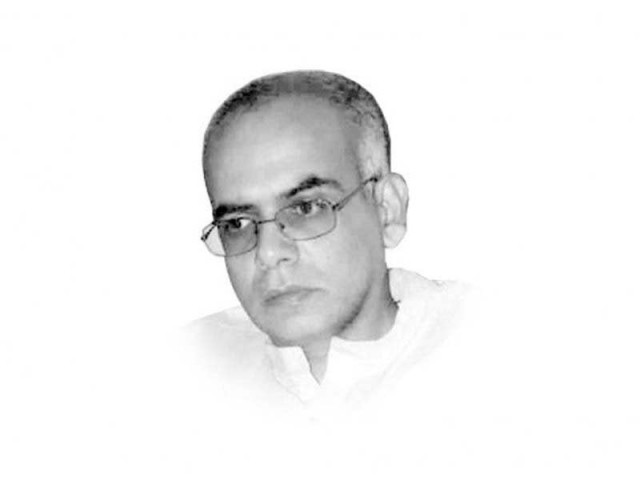Rewarding wealth instead of work
Large corporations are far too powerful for any single country to regulate.

The writer is a development anthropologist. He can be reached at ali@policy.hu
While the world may have seen a drastic reduction in the number of people living in absolute poverty over the past few decades, the overall state of the world is indeed still in need of saving. Besides the threat of climate change, the mere act of accumulation of wealth in the hands of the few is itself a pressing global problem.
A new Oxfam report, published to coincide with the WEF, is appropriately titled ‘Reward work, not wealth’. This report powerfully illustrates how the global economy is enabling the wealthy elite to accumulate vast fortunes while hundreds of millions of people are struggling to survive on poverty pay. It estimates that over 80% of the wealth generated last year went to the richest 1% of the global population. The wealth amassed by the billionaires has risen by an annual average of 13% since 2010. The situation has become so ridiculous that it takes just four days for CEOs from top five global fashion brands to earn what a Bangladeshi garment worker earns in a lifetime.
The current global economic system is unfair, there is no doubt about that. Besides poor workers being exploited around the world, women consistently earn less than men, and are usually occupied in the lowest paid and least secure forms of work. Child labour remains a major problem, especially in the developing world.
The ongoing billionaire boom, accompanied by the lingering deprivation of the multitudes, is not the sign of a thriving but a broken global economic system. The concentration of assets in the hands of the few, in powerful countries like the US, and in most developing countries like our own, enables the rich to keep getting richer. The Oxfam report also calls out the ongoing erosion of workers’ rights, the excessive influence of big businesses over government policy-making, and the unrelenting corporate drive to minimise costs and maximise profits for their shareholders.
Large corporations, however, are far too powerful for any single country to regulate. These corporations need to be regulated using multilateral frameworks. There is need for international regulations to limit profit taking by shareholders and top executives, and to ensure that all workers receive a minimum ‘living’ wage, no matter what position within the corporate supply chain they occupy. There is need for a global wealth tax to ensure the wealthy pay their fair share of tax through higher taxes, which needs to be accompanied by a crackdown on tax avoidance and hiding money in tax havens.
Research indicates that common people around the world are fed up with the prevailing inequalities. They want change. They want to see workers paid a living wage. They want corporations and the wealthy to be taxed more, and to be held accountable for any exploitative labour practices. Even politicians and corporations pay lip service to these aims, yet they continue to subvert these goals.
Unfortunately, the blue-collar workers in the world have failed to join hands and instead continue to be exploited by ultranationalists and xenophobes. A blue-collar worker in the West blames blue-collar workers in developing countries for stealing their jobs. Instead of expressing solidarity with economic migrants from the developing world for their mutual exploitation by a lopsided global reduction system, workers in the West are sold anti-migrant agendas.
Multilateral organisations with aims like ‘fighting poverty’ or ‘regulating international trade’ must turn the attention to addressing the widespread global inequality and the accompanying deprivation and destabilisation which continue to afflict our world, rather than trying to promote more lopsided growth.
Published in The Express Tribune, February 2nd, 2018.
Like Opinion & Editorial on Facebook, follow @ETOpEd on Twitter to receive all updates on all our daily pieces.















COMMENTS
Comments are moderated and generally will be posted if they are on-topic and not abusive.
For more information, please see our Comments FAQ